We have all had the experience of reading a novel, getting to the end and feeling unsatisfied. Something wasn’t right, we expected more, the story was so … Read More


We have all had the experience of reading a novel, getting to the end and feeling unsatisfied. Something wasn’t right, we expected more, the story was so … Read More
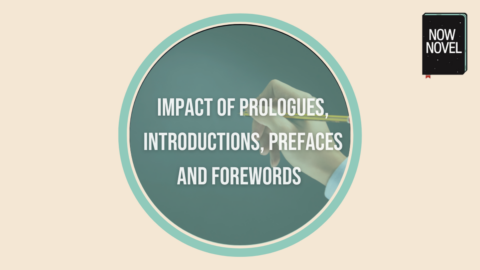
Using powerful literary tools such as introductions, prologues, prefaces and forewords and can be impactful. Read on for definitions and examples of these
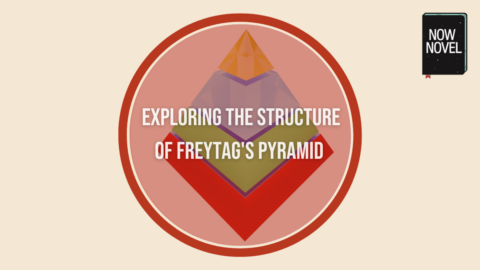
Understanding how the story structure as detailed in Freytag’s Pyramid can help you craft your own stories. Read on for a look at this storytelling tool
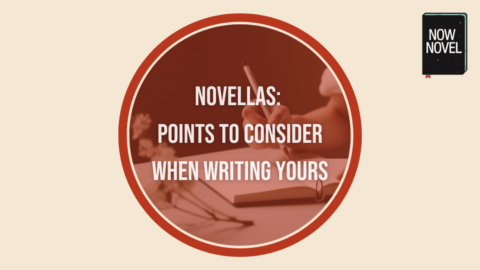
Learning how to write a novella is excellent preparation for writing your first novel. It enables you to work out characters and themes more extensively than a short story does. Writing a novella gives you helpful scaffolding for an expanded and more detailed book or series. Read on for a definition of the novella and 6 essential tips for writing one:
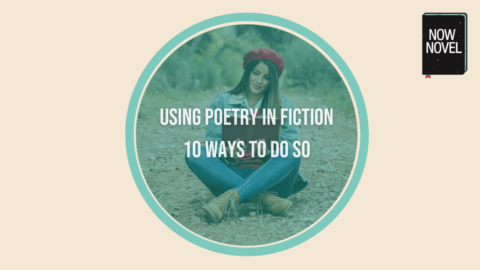
Including poetry in your fiction can have many benefits and enhance your storyline. We look at ways to include poetry in your stories.
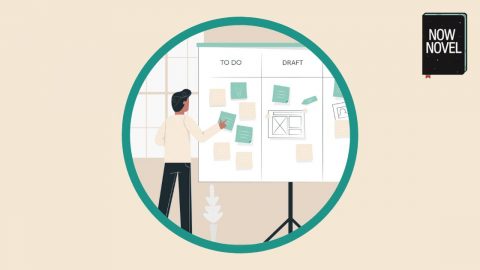
A well-structured story is satisfying to read, as independent parts feel cohesive and related. Read a definition of story structure, followed by effective story structure examples and their insights.

Learn how to write the first chapter of a book in such a way that you tease but don’t give everything away and hook readers with implication and context.
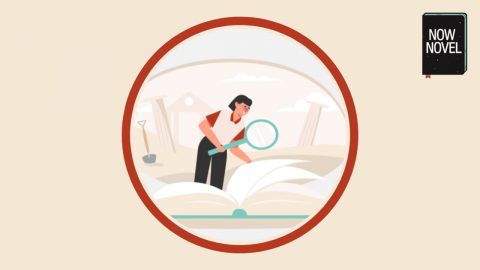
There are many types of exposition in stories, in literature, film and other media. Exposition introduces your reader to important and intriguing details of your story – who, what, why, where and when. Read 9 exposition examples that show how to introduce characters, settings and scenarios memorably:

Writing the middle of a novel has its own unique challenges. You need to develop your story further after your engrossing start and set in place the build to the end. The curse of the ‘sagging middle’ can’t take hold. Read 9 tips on how to write the middle of a story and get it right: